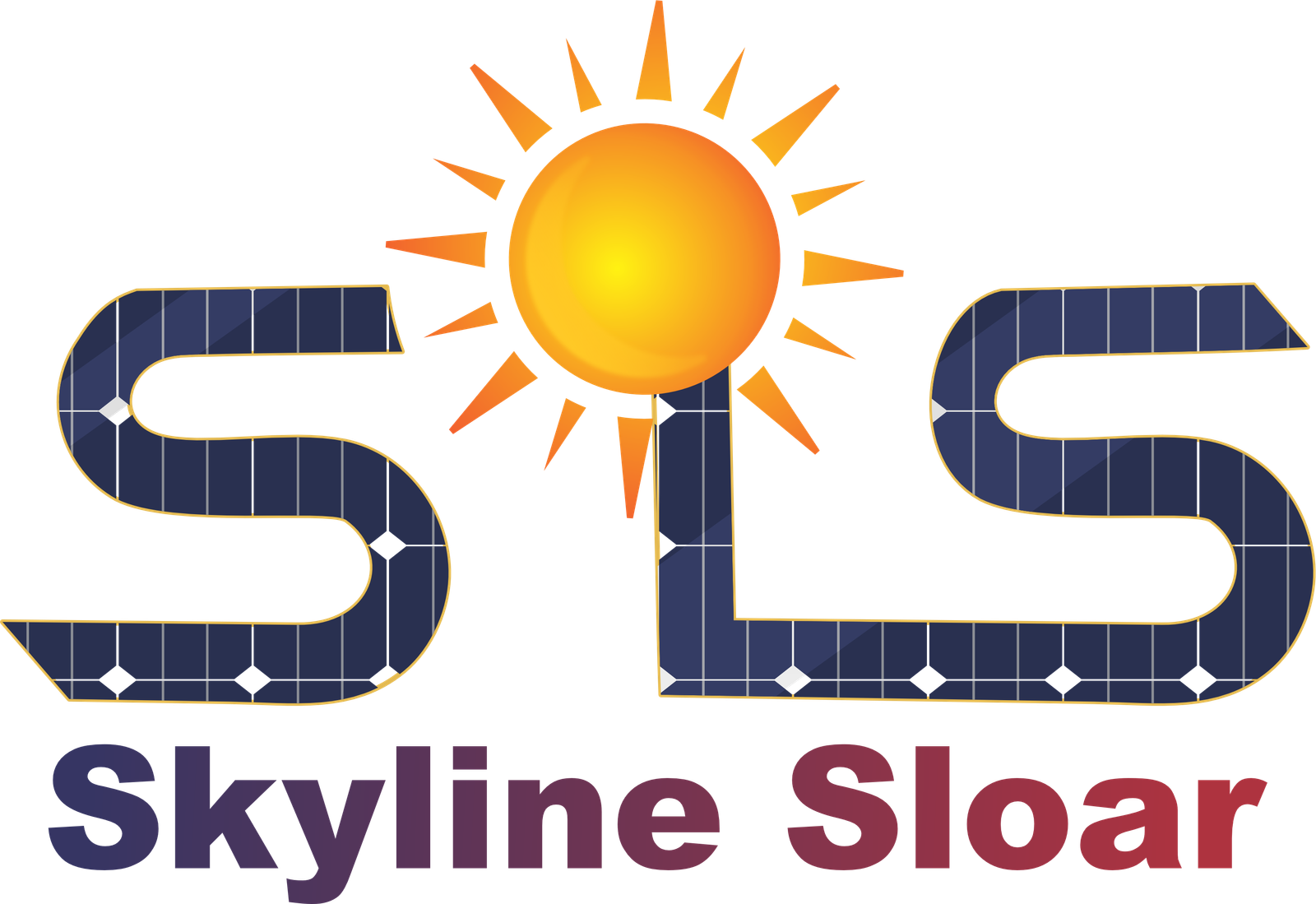“300-Watt Solar Panels Empower Pakistan” encapsulates a transformative energy initiative in Pakistan. By deploying these high-capacity solar panels, the country is poised to revolutionize its energy landscape, fostering sustainability and economic growth. This endeavor not only boosts energy access but also promotes environmental conservation, positioning Pakistan as a leader in renewable energy adoption.
Efficiency
Monocrystalline solar panels are known for their high efficiency, which means they can generate more electricity per square meter compared to other types of solar panels.
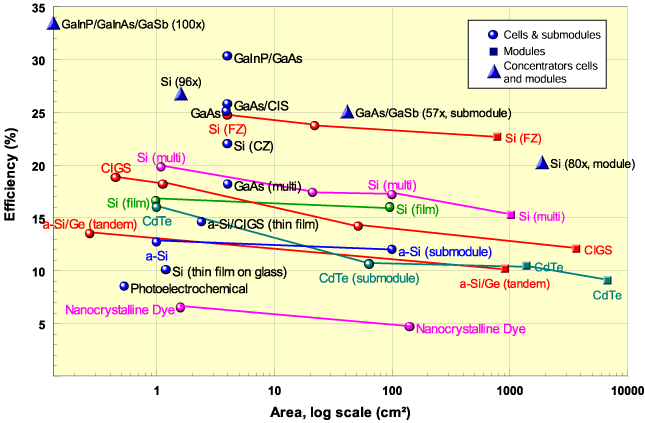
Durability
These panels are durable and long-lasting, often coming with warranties ranging from 25 to 30 years, ensuring a consistent energy supply over the panel’s lifespan.
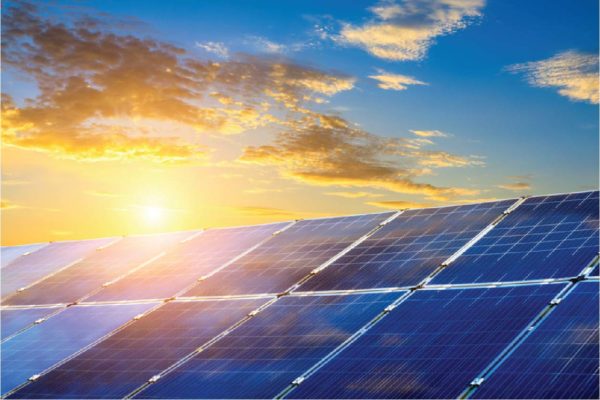
Government Incentives
Pakistan offers various incentives and subsidies for solar power installations, making it more affordable for individuals and businesses to invest in 300W monocrystalline solar panels and other renewable energy systems.
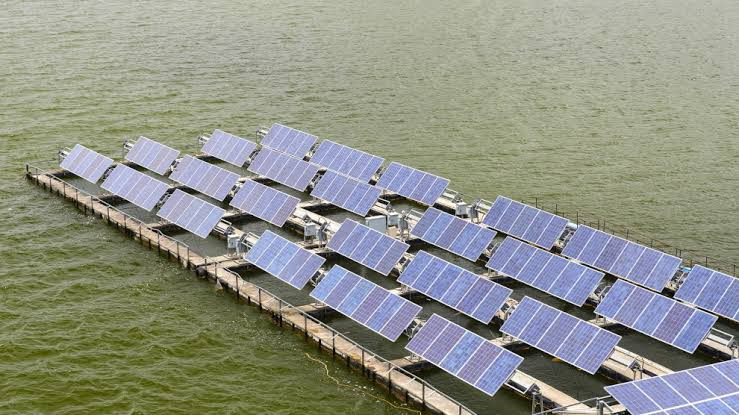
Local Industry
Pakistan has a growing solar industry, with local manufacturers producing high-quality monocrystalline solar panels, supporting the country’s economy and creating job opportunities in the renewable energy sector.
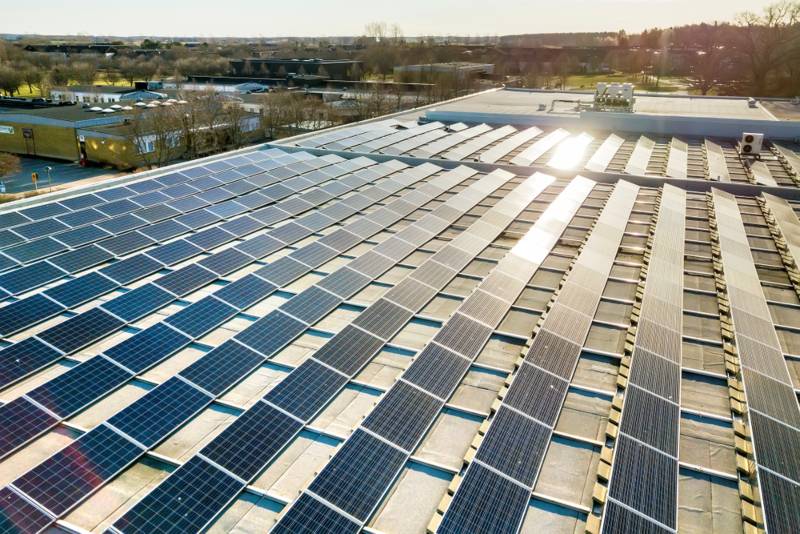
Energy Independence
By harnessing solar energy with 300W monocrystalline panels, Pakistan can reduce its dependence on imported fossil fuels, improving energy security and resilience against price fluctuations in the global energy market.
Advantages
Lower Installation Costs
Compared to lower wattage panels, 300-watt panels can reduce installation costs by requiring fewer panels to achieve the desired power output, resulting in lower mounting hardware and labor costs.
Improved Performance
Higher wattage panels often come with advanced technology and better performance in low-light conditions, ensuring consistent energy production throughout the day and under various weather conditions.
Environmental Impact
Solar energy is a renewable energy source that produces electricity without emitting greenhouse gases or other pollutants. Using higher wattage panels allows you to harness more renewable energy, reducing your carbon footprint and environmental impact.
Disadvantages
Higher Upfront Cost
Typically, higher wattage solar panels come with a higher upfront cost compared to lower wattage panels. This can be a barrier for some individuals or businesses with budget constraints.
Weight
Higher wattage panels tend to be heavier due to their larger size and more robust construction. This can make installation more challenging and may require additional structural support, increasing installation costs.
Transportation and Logistics
: Transporting and handling larger panels can be more challenging and may require special equipment or arrangements, especially for remote or difficult-to-access locations.
FAQS
What are 300-Watt solar panels?
300-Watt solar panels are photovoltaic modules capable of producing up to 300 watts of power under optimal conditions. They are composed of solar cells that convert sunlight into electricity.
How do 300-Watt solar panels empower Pakistan?
By harnessing the abundant sunlight available in Pakistan, 300-Watt solar panels contribute to the country’s energy independence and sustainability goals. They provide clean and renewable energy, reducing reliance on fossil fuels and decreasing carbon emissions.
What is the typical lifespan of a 300-Watt solar panel?
Most 300-Watt solar panels have a lifespan of around 25 to 30 years. However, their efficiency might decrease slightly over time.
Are 300-Watt solar panels resistant to corrosion?
Yes, these panels are typically made with materials that are resistant to corrosion. This ensures their durability and longevity, especially in humid or coastal areas where corrosion can be a concern.
What are the financial benefits of investing in solar panels?
In addition to energy savings, solar panels can increase the value of a property, provide a reliable source of electricity, and offer environmental benefits by reducing carbon emissions.
Conclusion
300-watt solar panels offer durable, efficient, and sustainable energy solutions with a typical lifespan of 25 to 30 years. Despite higher upfront costs, they provide long-term financial benefits, including reduced electricity bills and environmental sustainability. Their versatility makes them suitable for various applications, from residential rooftops to large-scale industrial projects, contributing to a cleaner, greener future.
